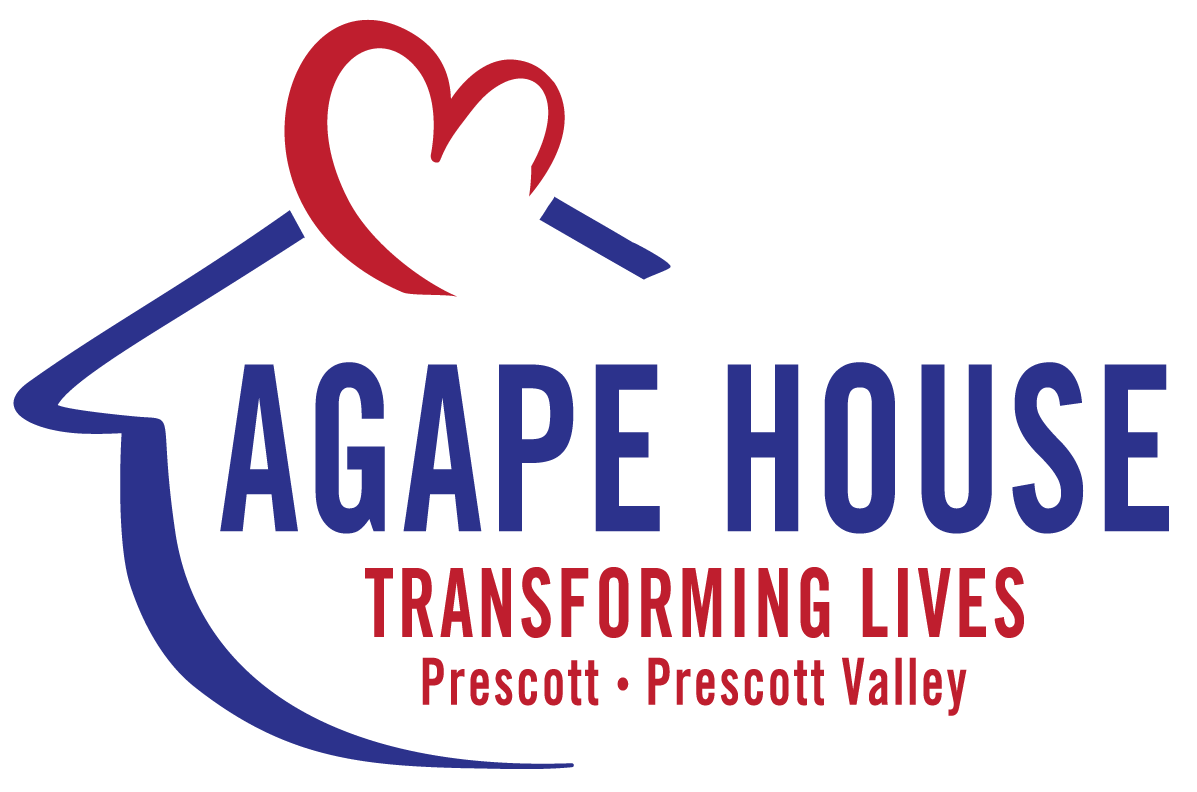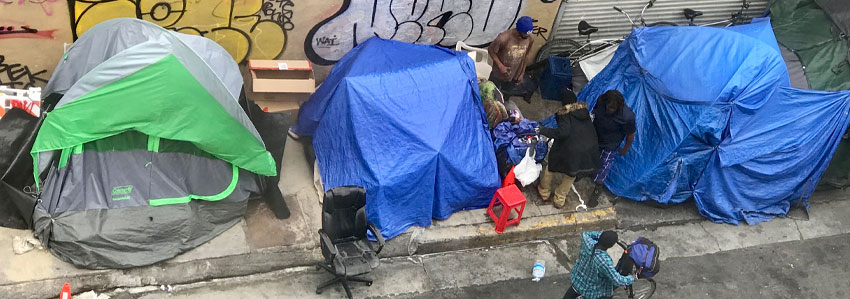By John Ashmen
CITYGATE Network
Faith Radio Network talk show host Carmen LaBerge recently invited me to be a guest on her program, Mornings with Carmen. She read a story about a woman named Laurie Steves who set off from Seattle to find her daughter Jessica in San Francisco and try to save her from dying of a drug overdose on the streets of the Tenderloin District. Carmen wanted me to talk about Fentanyl, now the number-one killer of Americans between the ages of 18 and 25. She asked me to explain to her listeners in ten states the relationship between drugs and homelessness, and why—after politicians have poured hundreds of millions of dollars into the problem—it has only gotten worse.
I explained that the lives of far too many people are being destroyed by policymakers with something I call “misguided compassion.” Not wanting to appear calloused regarding those who have fallen through society’s safety nets, many cities—particularly on the West Coast—have removed any ordinance that gives the appearance that homeless people are being punished, even if many do have a carefree and feckless lifestyle. After all, a lot of homeless people have some form of mental illness. But policymakers have gone overboard. They essentially are telling them that because you are in a desperate place, we will give you extra rights (e.g., congregate/camp anywhere, take over apartments with minimal accountability), over and above what housed and working people have, and we’ll not punish you for breaking some of our laws (e.g., petty theft, resisting arrest, selling/using hard drugs, solicitation for sex, public urination/defecation). What’s been the upshot? We have an exacerbated problem that is killing people and destroying the landscape of our cities.
Jessica, the girl from the story, living in San Francisco, puts it in plain English: “The city is way too easy for people with nothing to get by. That’s why I’m still here nine years later. You get by with doing drugs and suffer no consequences. I like it here.”

